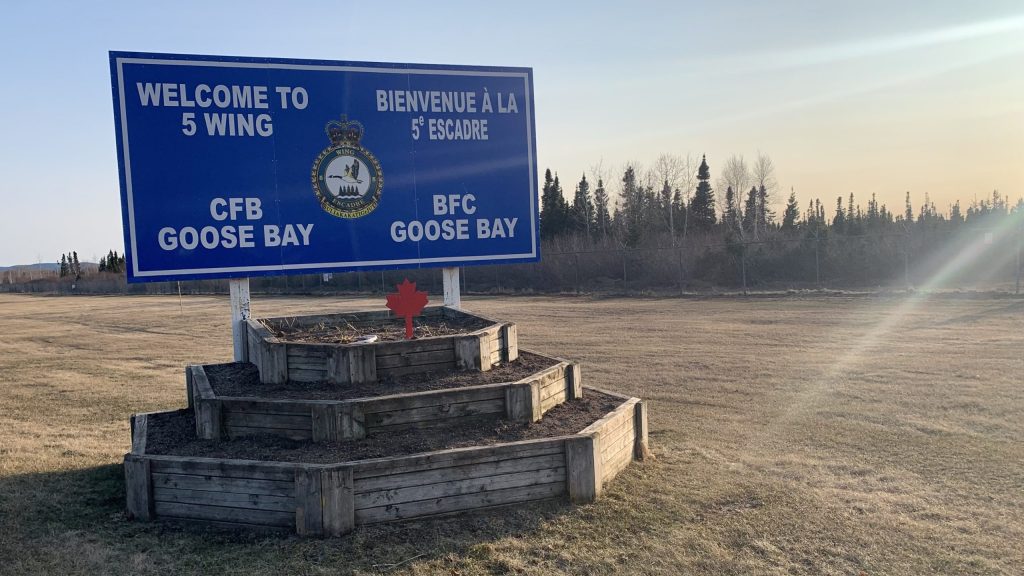Former chief of Anglo Irish Bank arrested, charged with fraud
Posted Jul 24, 2012 05:52:40 AM.
This article is more than 5 years old.
DUBLIN – Fraud detectives arrested the former chief executive of Anglo Irish Bank and charged him Tuesday over a conspiracy to hide colossal losses at the bank — a bill that brought the nation itself to the brink of bankruptcy.
Officers of the Bureau of Fraud Investigation arrested Sean FitzPatrick, 64, at Dublin Airport as he returned from a holiday around 5:30 a.m.
Police said FitzPatrick would be arraigned later Tuesday on a series of charges related to Anglo’s doomed 2008 effort to prop up its collapsing share price by making secret loans to 16 investor insiders on condition they used the €451 million ($545 million) to buy Anglo stock. Those shares rapidly turned worthless, helping to bankrupt Ireland’s richest man, Sean Quinn.
Two other former senior Anglo executives, Willie McAteer and Patrick Whelan, were arrested in Dublin and charged with 16 fraud-related counts Monday as Ireland’s three-year probe into Anglo — described by the Justice Department as the most complex criminal case in Irish history — finally produced charges against key directors. This is the third time FitzPatrick has been arrested as part of investigations into Anglo but the first time he has been charged.
FitzPatrick long presided over Ireland’s runaway housing boom as head of a bank that specialized in funding the country’s biggest risk-takers in property speculation at home and abroad. Anglo’s aggressive lending inspired competitors to do the same in Ireland’s ill-regulated banks of the day.
But most of the Irish lenders’ cash was borrowed cheaply from British, German, American and French banks and hedge funds on the promise of future property appreciation. That risky strategy crumbled as foreign lenders pulled back from Ireland amid the global 2008 credit crunch.
Ireland sought to keep Anglo afloat with emergency loans as FitzPatrick insisted publicly that his bank was suffering only a temporary loss of confidence and short-term financing, while its property portfolio remained strong.
But by early 2009 the bank faced outright nationalization as government-appointed investigators found what they claimed were a series of accounting tricks and insider loans designed to prop up the bank’s shares and hide the true scale of losses.
Anglo’s losses on bad loans to property speculators are nearing €30 billion ($36 billion), or more than €6,500 ($8,000) for every person in Ireland, nearly half of Ireland’s total bill for rescuing six debt-crippled banks following the collapse of its Celtic Tiger boom.
That bill overwhelmed Ireland’s own financial firepower and forced the country to negotiate a European-International Monetary Fund bailout in November 2010. Ireland hopes to resume normal borrowing on bond markets next year before its three-year, €67.5 billion ($82 billion) loan fund runs out.
Government-appointed forensic accountants in 2009 claim that Anglo cloaked its hemorrhaging deposit base in 2008 by borrowing more than €6 billion from another Dublin bank, Irish Life & Permanent, and labelling those funds as new foreign deposits.
Those investigators also allege that FitzPatrick himself borrowed more than €100 million personally from Anglo but kept the loans off the bank’s official returns to shareholders for several years thanks to help from a much smaller fraud-troubled Dublin bank, Irish Nationwide. It repaid FitzPatrick’s loans for short periods before each annual reporting period, then took back its funds quickly afterward.
FitzPatrick declared bankruptcy in 2010 with debts, chiefly to Anglo, of approximately €150 million. The government last year merged Anglo and Irish Nationwide into a toxic-debt management vehicle called the Irish Bank Resolution Corp. that is committed to repaying foreign creditors for the next two decades.










